Not everyone is comfortable with being called "Grandma" or "Grandpa." For those who want something else, there are countless alternative names from which to choose.
Almost as soon as the announcement of that first grandchild is made, the speculation begins. Will we have a boy or girl? And of course, what will be the appropriate name for this sure-to-be-perfect child? Parents have a full nine months to ponder such an important decision. Grandparents, especially those new to the role, find themselves wondering about names, as well. What will our grandchildren call us?
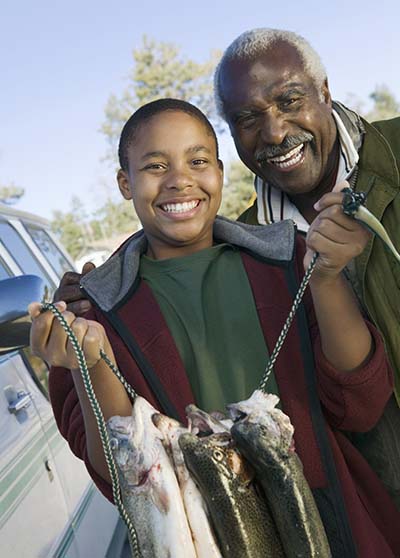 For Jill, 52, a graphic designer and mother of five, Grandma just didn’t seem right.
For Jill, 52, a graphic designer and mother of five, Grandma just didn’t seem right.“We were thrilled when our daughter told us the good news,” she says. “But after all of the initial excitement subsided, it hit us. Our family dynamic was about to shift in a really big way, and my husband and I were taking on another new identity. We would no longer be just Jill and Bob, or even Mom and Dad. We landed on Nana and Pop, which is pretty traditional. There are so many great alternatives to Grandma and Grandpa. We like our new names, and we love our new job!”
Perhaps part of the name dilemma for grandparents is tied up in preconceived notions of exactly what it means to have grandchildren.
Susan Krauss Whitbourne, PhD, identifies five types of grandparents in a 2010 issue of Psychology Today: formal, fun-seeker, surrogate parent, reservoir of family wisdom and distant figure. Many wish to replicate memories of their own grandparents, but some, like Don, 62, long to approach their new station in life with more intention.
“Both of my grandmothers were still raising their own young children when I was born,” he says. “I think they were still in the trenches and not quite ready to appreciate having a grandchild. When our first grandson came along, I determined right then and there that I would be, above all else, a fun grandpa. I’m told that I am doing it right!”
An increasing number of grandparents find themselves taking on roles traditionally held by parents. According to the United States Census Bureau, in 2010, 2.7 million grandparents were responsible for the basic needs of one or more children under the age of 18 who were living with them.
A 2013 article in The Huffington Post confirms that one third of grandmothers who live with their grandchildren are the primary caregivers, but suggests that there is a silver lining. Parents and grandparents living together can pool financial resources and together manage the many realities of life with children, including childcare, transportation, medical care, shopping and meals.
As we consider what we want to be called and the roles we want or must have in the lives of our grandchildren, it’s interesting to ask ourselves, just how new or different is the shifting definition of a grandparent? The truth is that the job description varies broadly across cultures, history and from family-to-family. There appear to be as many facets of grandparenting as there are endearing nicknames.
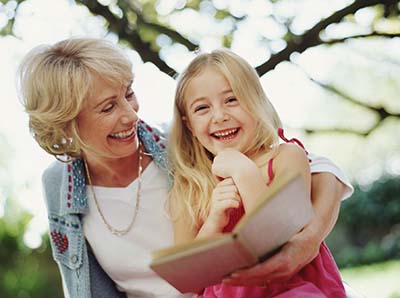 To be safe, anyone applying for the position should look at the fine print on the job description. That last line, the one that says “performs other duties as required,” is very important.
To be safe, anyone applying for the position should look at the fine print on the job description. That last line, the one that says “performs other duties as required,” is very important.September 7th is Grandparents Day. Enjoy, and for information, follow these links:

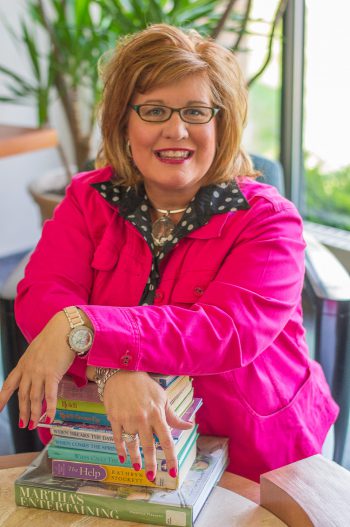

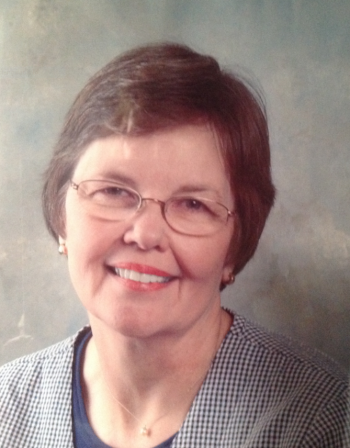
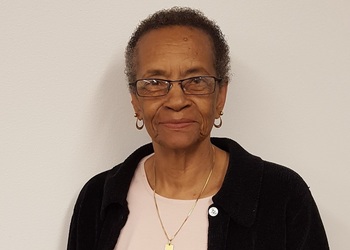
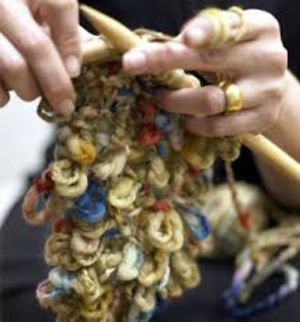
Leave A Comment
You must be logged in to post a comment.